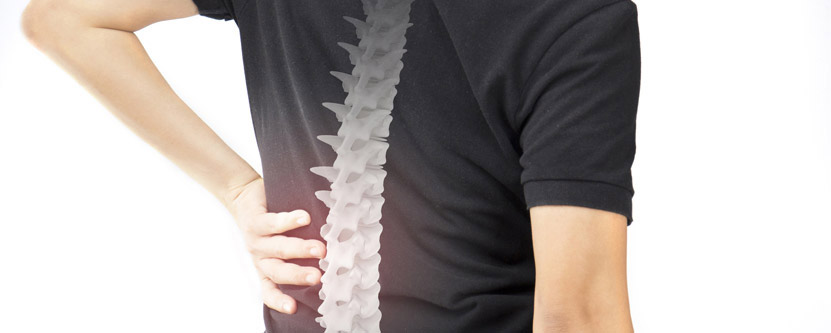Tuberculosis (TB) of the spine i.e. Spinal Tuberculosis is the most common spine pathologies in India. There are nearly 30 million people living with spine disease all over the world, of which 6 million are in India alone.
[the_ad id=”6094″]
Overview of Spinal Tuberculosis
Spine TB is an important health condition that is also known as Pott’s disease. It is the most common form of TB and is a deadly form of skeletal tuberculosis. Therefore, early diagnosis and management is an important part of spinal TB.
More recently, much has changed in the landscape of spinal TB, with the advent of advanced diagnostics and aggressive antibiotics to help manage symptoms and treat this condition.
Symptoms of Spine TB
The symptoms of TB are usually classified based on the stage of the condition.
- In the active stage, you may feel weak, feverish, have unexplained weight loss, loss of appetite, night sweats, and evening rise of temperature.
- The spine may be stiff, tender, and painful on movement.
- You may also experience muscle spasms that are more at night resulting in “night cries”.
- Cold abscesses may also be found.
- In the healed stage, you may not look or even feel sickly. There will be no pain, night sweats, or evening rise in temperature.
- However, if there was any deformity in the spine during the active stage, that persists in the healed stage also.
Those presenting with the spinal disease are at an increased risk for paraplegia (impairment of lower limbs) and often present with impinging nerves as a result of spinal TB. Paraplegia can have an early onset in the active stage or can occur many years after the completion of the healed stage.all
Diagnosis of Spine TB
Diagnosis is made both through laboratory or blood investigations and through the use of scans. As the spine is affected, to see the extent of the damage on hard and soft tissues scans like ultrasound, magnetic resonance imaging (MRI), X-rays, and computed tomography (CT) is recommended. A blood test is usually carried out for laboratory testing of TB.
Management of Spine TB
Most commonly, spine TB is treated with special drugs called anti-tubercular drugs. Surgery is only indicated if medical therapy has failed and the symptoms have not been relieved.
Source:

